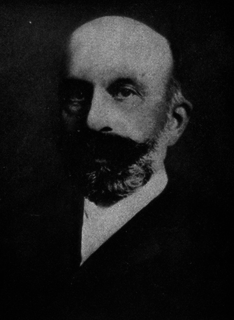A Quote by Heather Cox Richardson
Trump is a populist in the same mold as the nineteenth-century Populists who gave their name to American grassroots political movements. Historians and pundits argued themselves blue in the face over whether Populists were reactionary or progressive, but they were both.
Related Quotes
The American people were, in the beginning, Revolutionaries and Tories. The American people ever since have been Revolutionaries and Tories. They have been Revolutionaries and Tories regardless of the labels of the past and present. Regardless of whether they were Federalists, Democrat-Republicans, Whigs, Know-Nothings, Free Soilers, Unionists or Confederates, Populists, Republicans, Democrats, Socialists, Communists, or Progressives. They have been and are profiteers and patriots. They have been and are conservatives, liberals, and radicals.
Given that the nineteenth century was the century of Socialism, of Liberalism, and of Democracy, it does not necessarily follow that the twentieth century must also be a century of Socialism, Liberalism and Democracy: political doctrines pass, but humanity remains, and it may rather be expected that this will be a century of authority ... a century of Fascism. For if the nineteenth century was a century of individualism it may be expected that this will be the century of collectivism and hence the century of the State.






































